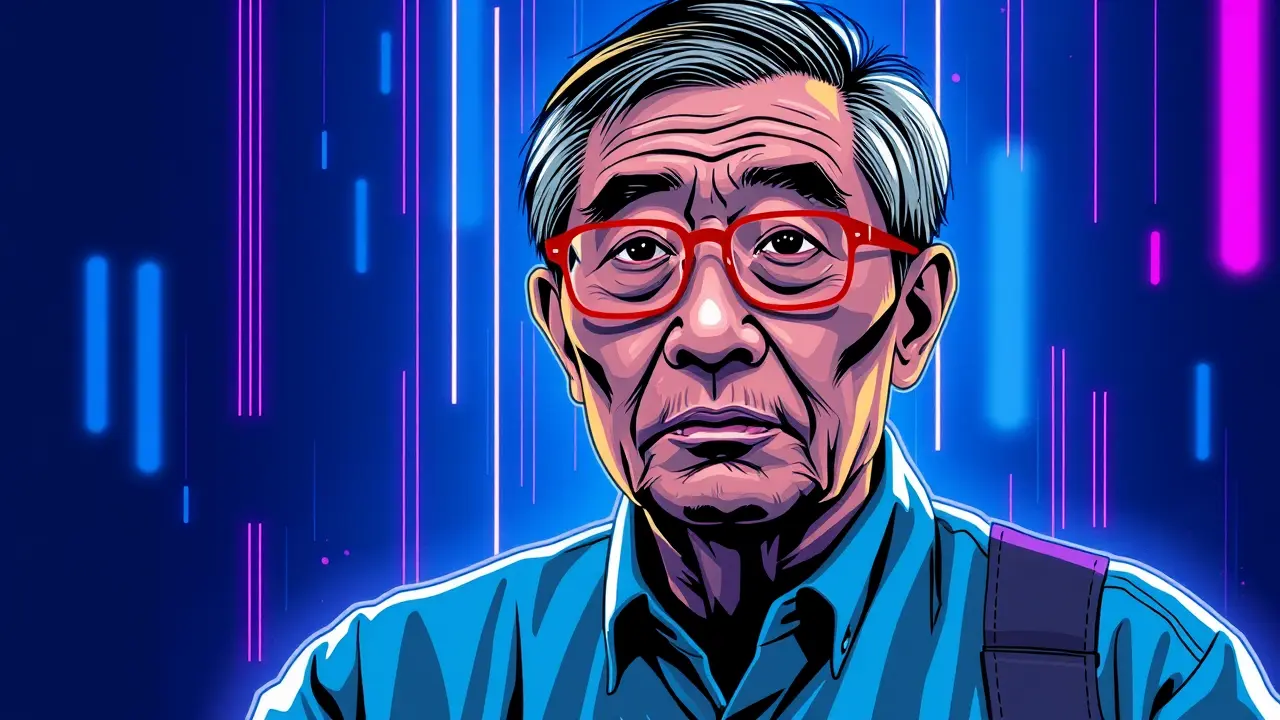Police summon brother of wanted Hong Kong activist Paul Ha.
In a development that underscores the relentless and deeply personal nature of Hong Kong's national security crackdown, police have summoned the 72-year-old brother of activist Paul Ha Hoi-chun, a wanted man residing in Taiwan for his alleged involvement with the pro-democracy 'Hong Kong Parliament' group—a collective authorities have branded as subversive. According to a source who spoke with the Post, the elderly man was instructed to present himself at the Tseung Kwan O police station on Thursday morning to assist with an ongoing investigation into his brother's activities, with expectations he would be released before noon.This move is not an isolated incident but part of a chilling, systematic pattern where the state extends its reach beyond the accused to their families, a tactic that human rights organizations and legal observers condemn as a form of collective punishment and psychological pressure designed to silence dissent both within and beyond its borders. Paul Ha, 60, stands among a group of 15 activists, including high-profile figures like veteran democrat Gordon Ng and former district councillor Yanny So, all targeted under the sweeping provisions of the national security law imposed by Beijing in 2020—legislation that has fundamentally reshaped the city's civic landscape, criminalizing previously protected speech and assembly.The 'Hong Kong Parliament' initiative, which these activists are associated with, was an unofficial, online-based gathering that discussed political reform, a concept that authorities now equate with subversion, alleging it sought to undermine the government's authority. The summoning of an elderly sibling, a man in his seventies with no apparent direct involvement, sends a stark message about the investigatory methods being employed: no familial tie is too distant, no relative too old, to be drawn into the orbit of a probe that treats political disagreement as a grave crime against the state.This strategy mirrors actions taken against the families of other self-exiled activists, such as Frances Hui and Johnny Fok, creating a climate of fear that ripples through the Hong Kong diaspora, forcing them to weigh the safety of loved ones left behind against their continued advocacy abroad. The legal framework being applied is opaque and allows for significant discretion, enabling authorities to compel testimony and cooperation from individuals under the threat of being charged as accomplices, a legal grey area that troubles international jurists.For the Ha family, this Thursday morning summons represents more than a routine inquiry; it is a moment of profound anxiety and a test of resilience, a microcosm of the broader struggle where the personal becomes intensely political. The long-term consequences of such tactics are still unfolding, but they undoubtedly contribute to the erosion of social trust and familial bonds in a city once celebrated for its freedoms, while simultaneously testing the limits of international response and the very definition of extraterritorial jurisdiction in an increasingly interconnected yet divided world.
VO
voidwhisperer10 hours ago
life is a glitch and the state is the main character smh
0
CU
CuriousObserver11 hours ago
this is so concerning tbh, using family members like that just feels wrong idk what else to say
0
SK
SkepticalSam12 hours ago
wait what they're questioning a 72 year old about his brother now this is getting ridiculous smh
0
© 2025 Outpoll Service LTD. All rights reserved.
